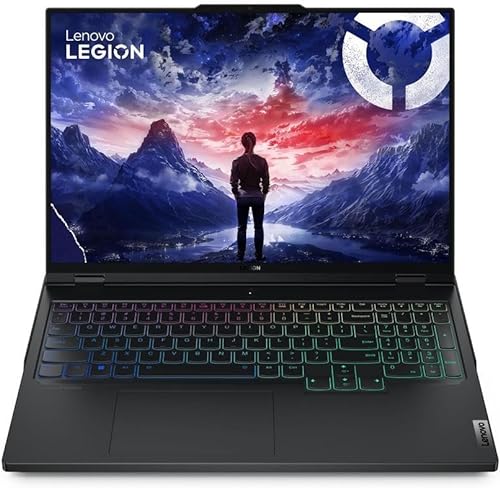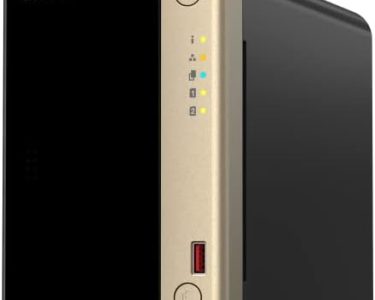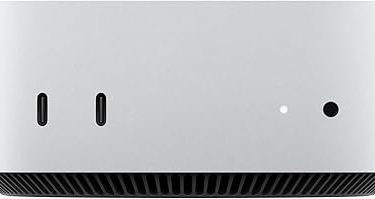For hundreds cheaper, the Lenovo Legion Pro 7i Gen 9 16 ($2,441.49 as tested) rivals many expensive gaming laptops. While it falls short of Lenovo’s flagship Legion 9 machines in terms of frills, it is still quite close, offering a premium build and powerful components without going into the stratosphere of laptop cost. Capable of handling even the most demanding games, it boasts an Intel Core i9-14900HX CPU and an Nvidia GeForce RTX 4080 GPU that drives a 2,560-by-1,600-pixel screen at 240Hz refresh rate. Our Editors’ Choice winner for deluxe gaming laptops is the Lenovo Legion Pro 7i Gen 9 16, which gives portables costing more than $3,000 a piece of mind.
Configurations
In terms of design, Lenovo’s Legion Pro 7i Gen 9 is unremarkable: It is reminiscent of the previous generation in both appearance and feel, but why ruin a good thing? As the firm only offers the system in two hardware variants (Windows 11 Home or Pro), you really can not tinker with much of it at all.
The Intel Core i9-14900HX processor, 32GB of DDR5-5600 RAM, two 1TB NVMe solid-state drives, and a 240Hz, 16:10 aspect ratio display are features shared by both variants. The pricing of Nvidia’s RTX 4090 is $2,899.99, whereas our RTX 4080 review unit costs $2,441.49 (with Windows 11 Home).
The Lenovo Legion 7i Gen 9, which drops down to a GeForce RTX 4070 GPU but has the same CPU and screen, should not be confused with the Legion Pro 7i Gen 9. It weighs 4.93 pounds as opposed to 6.17 pounds and has a different port layout, including a Thunderbolt 4 connection that this Pro cousin strangely lacks. It starts at $1,738.49 with 16GB of RAM.
Design
Similar to the Gen 8, the Pro 7i Gen 9 boasts a robust yet well-built design, including an aluminum and magnesium foundation. It features a 180-degree display hinge, sturdy rubber feet, and ample ventilation, with ports taking up almost half of each side plus the back edge. The slightly brutalist design is enhanced by the rougher texture of the shroud surrounding the vents compared to the rest of the system.
“Brutalist” does not imply “obsessive gamer,” while you may use the Legion as a workstation or productivity laptop by turning off the RGB lighting. Its 1.01-by-14.3-by-10.3-inch chassis fits, but not snugly, into a carrying sleeve designed for 15.6-inch laptops. Not to mention its large 330-watt power brick, it is incredibly heavy for a briefcase or backpack.
The front-edge lighting surrounding the base of the keyboard complements the RGB lighting per key. The legends are fully illuminated by the lighting, which filters through the keycaps with effectiveness. Next to the keyboard, Lenovo has a compact numeric keypad with arrow keys that are strategically placed to prevent you from pressing any other keys. The Legion Pro 7i, like many other modern Windows laptops, has a Windows Copilot key in place of the right Control key. However, because its processor is devoid of a neural processing unit (NPU), most of its interactions with Windows’ artificial intelligence (AI) will be through cloud servers.
A fast 1.5mm of key travel is provided by what Lenovo refers to as a TrueStrike keyboard. It also accepts swappable keycaps, however you may have trouble locating ones that fit.
This Legion’s screen is one of its best features. With a refresh rate of 240Hz and a resolution of 2,560-by-1,600 pixels, the 16-inch IPS panel is encircled by comparatively narrow bezels for a gaming laptop. The screen is certified DisplayHDR 400, supports Dolby Vision and Nvidia G-Sync, is validated by Pantone, and has a peak brightness rating of 500 nits. Additionally, 100% coverage of the sRGB and DCI-P3 color spaces is rated for it.
The webcam is not particularly good, but at least it has 1080p quality as opposed to 720p. The Legion lacks built-in biometrics, like many gaming rigs, meaning you have to input passwords instead of using Windows Hello’s face or fingerprint unlocking. Beneath the front corners of the laptop are two 2-watt speakers. They rely on your desk to bounce music upward rather than directing it directly at your ears, but they are slanted out just enough to not be a down-firing configuration.
Lenovo still makes full use of the wide rear thermal shelf found on its Legion laptops, placing most of the ports in between the cooling vents. Along with the power connector, there are two USB 3.2 Gen 1 Type-A ports, one USB 3.2 Gen 2 Type-C port, an HDMI 2.1 monitor port, and an HDMI 2.1 port. More USB-A and USB-C ports are located on the laptop’s left edge, while a third USB-A port, an audio jack, and a webcam privacy switch are located on the right side. Thunderbolt 4 and USB 4 are missing from this laptop, especially since it is Intel-based.
Graphics and Gaming Tests
We run benchmarks for both artificial and real-world gaming. UL’s 3DMark offers two DirectX 12 game simulations: Night Raid, which is more basic and appropriate for PCs with integrated graphics, and Time Spy, which is more complex and best suited for gaming setups with discrete GPUs. We also utilize GFXBench 5, a cross-platform GPU benchmark that measures OpenGL performance. To support varying native display resolutions, its tests are rendered offscreen; higher performance is indicated by higher frames per second (fps).
The integrated 1080p benchmarks of F1 2021, Assassin’s Creed Valhalla, and Rainbow Six Siege—which stand for simulation, open-world action-adventure, and competitive/esports shooting games, respectively—are used in our real-world game testing. We run Valhalla and Siege twice (once at Medium quality presets and once at Ultra quality), and we run F1 2021 twice at ultra-quality settings, both with and without the performance-enhancing FSR and DLSS capabilities enabled by AMD and Nvidia.
Conclusion
The Legion Pro 7i Gen 9 16 gaming laptop from Lenovo is a superb machine that excels in almost every aspect. It performs better than competitors with comparable configurations while frequently undercutting their price. All that power is housed in a high-quality chassis and manifests itself on a vivid, clear display that can keep up with intense gaming sessions. The Legion’s weight and size are a disadvantage, but they are easily overlooked given that the device is essentially a very portable desktop. The only major drawbacks with the Legion Pro 7i Gen 9 are its lack of Thunderbolt 4, USB4, and biometrics, but even with these, it still receives our Editors’ Choice award.





